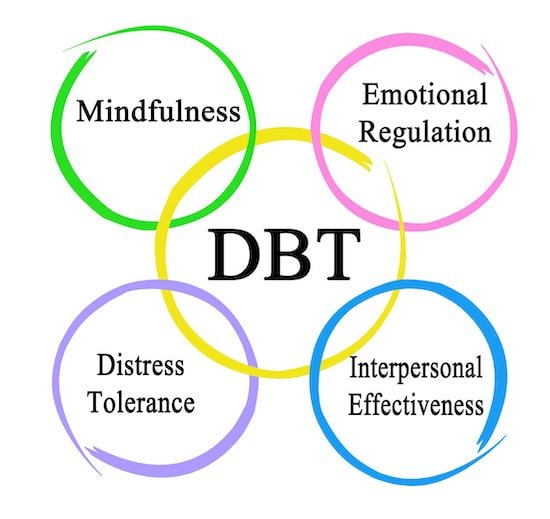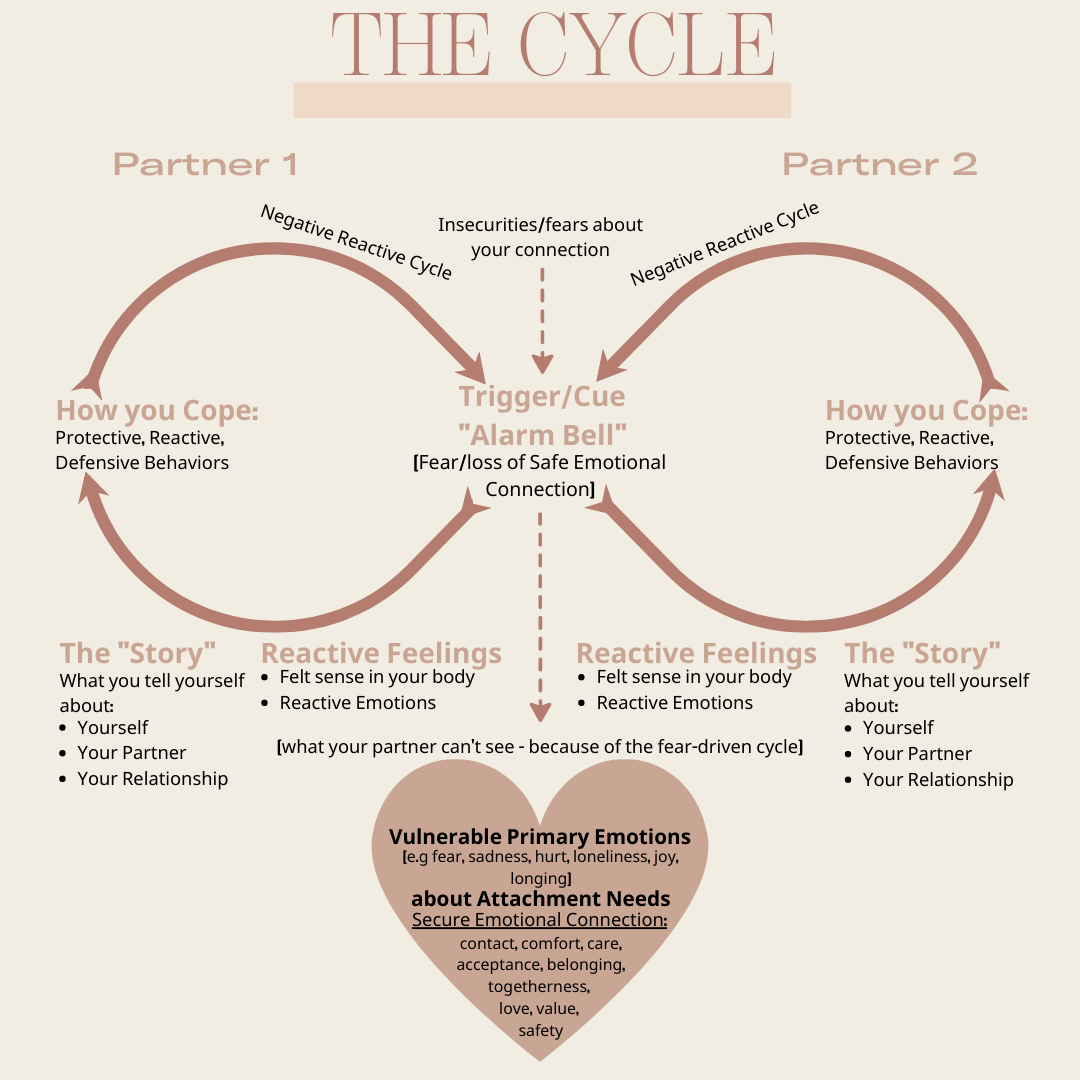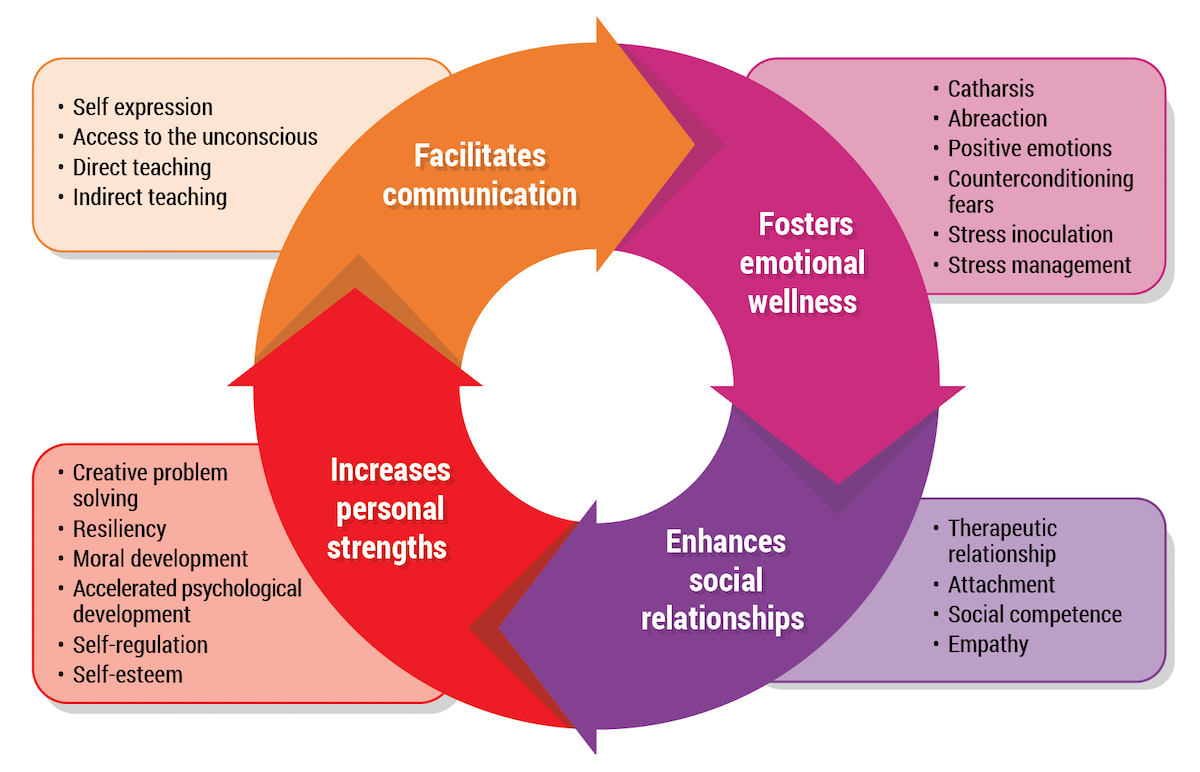Have a Look some of the psychological Modalities we use.

Cognitive Behavioral Therapy
Cognitive Behavioral Therapy (CBT) is a widely practiced psychotherapeutic approach that focuses on identifying and changing unhelpful thought patterns and behaviors. It is based on the premise that our thoughts, feelings, and behaviors are interconnected, and by altering negative thought patterns, individuals can effectively address emotional and psychological issues. CBT is goal-oriented and typically involves structured sessions with a trained therapist who assists individuals in developing healthier thinking patterns and coping strategies to improve their mental well-being.
Dialectical Behavior Therapy
Dialectical Behavior Therapy (DBT) is a specialized form of cognitive-behavioral therapy designed to help individuals manage and regulate their emotions, particularly in cases of borderline personality disorder and other conditions involving emotional dysregulation. DBT combines traditional cognitive-behavioral techniques with mindfulness practices and acceptance strategies to teach individuals how to balance acceptance of their emotions with efforts to change problematic behaviors. It emphasizes building interpersonal skills, emotional resilience, and self-awareness, making it a valuable approach for those struggling with intense emotions and challenging life circumstances.


Trauma Therapy
EMDR is a psychotherapy approach primarily used to treat individuals who have experienced traumatic events or suffer from post-traumatic stress disorder (PTSD). The therapy involves a structured process that includes guided eye movements or other forms of bilateral stimulation to help individuals reprocess traumatic memories and reduce their emotional impact. EMDR aims to desensitize distressing memories and promote psychological healing, ultimately alleviating symptoms related to trauma.
TF-CBT is a specialized form of cognitive-behavioral therapy tailored for individuals who have experienced trauma. This evidence-based therapy combines cognitive and behavioral techniques to address the psychological and emotional effects of trauma. It focuses on helping individuals understand and manage their thoughts, feelings, and behaviors in the context of their traumatic experiences.
Relationship Therapy
Relationship/Couples Counseling is particularly influenced by the Gottman Method, is a specialized form of counseling designed to help couples strengthen and repair their relationships. This approach is based on extensive research and focuses on assessing and improving the quality of a partnership. It emphasizes building communication skills, resolving conflicts, and fostering intimacy and connection. The Method employs structured interventions and exercises to identify relationship patterns and teach couples effective ways to manage disagreements and maintain a healthy, long-lasting relationship.
Sex therapy is a specialized form of psychotherapy that focuses on addressing and resolving sexual issues and concerns in individuals or couples. Sex therapists are trained to help people overcome a wide range of sexual difficulties, including performance anxiety, sexual dysfunctions, communication problems, and relationship-related sexual issues. Through counseling and various therapeutic techniques, sex therapy aims to improve sexual satisfaction, enhance intimacy, and promote a healthier, more fulfilling sexual life. Sex therapists provide a safe and confidential environment for clients to explore their sexual concerns, learn about sexual health, and develop strategies for achieving a more satisfying and enjoyable sexual experience.

Children and Autism Theraputic Modalities
Child therapy, also known as child counseling or play therapy, is a specialized form of psychotherapy tailored to the unique needs of children. Child therapists are trained to work with children, typically using age-appropriate techniques and play-based interventions to help children express their thoughts, emotions, and concerns. Child therapy is designed to address a wide range of issues, such as behavioral problems, emotional difficulties, trauma, family conflicts, and more, with the goal of improving the child’s mental and emotional well-being.
Autism Spectrum Disorder (ASD) is a developmental disorder characterized by a range of symptoms, including challenges in communication, social interaction, and repetitive behaviors. It’s often diagnosed in early childhood, and treatment for ASD typically involves a combination of therapies, including behavioral interventions, speech and language therapy, occupational therapy, and social skills training. These interventions are aimed at helping individuals with ASD improve their functioning, communication, and overall quality of life. The specific therapy and approach used may vary depending on the individual’s unique needs and strengths.

